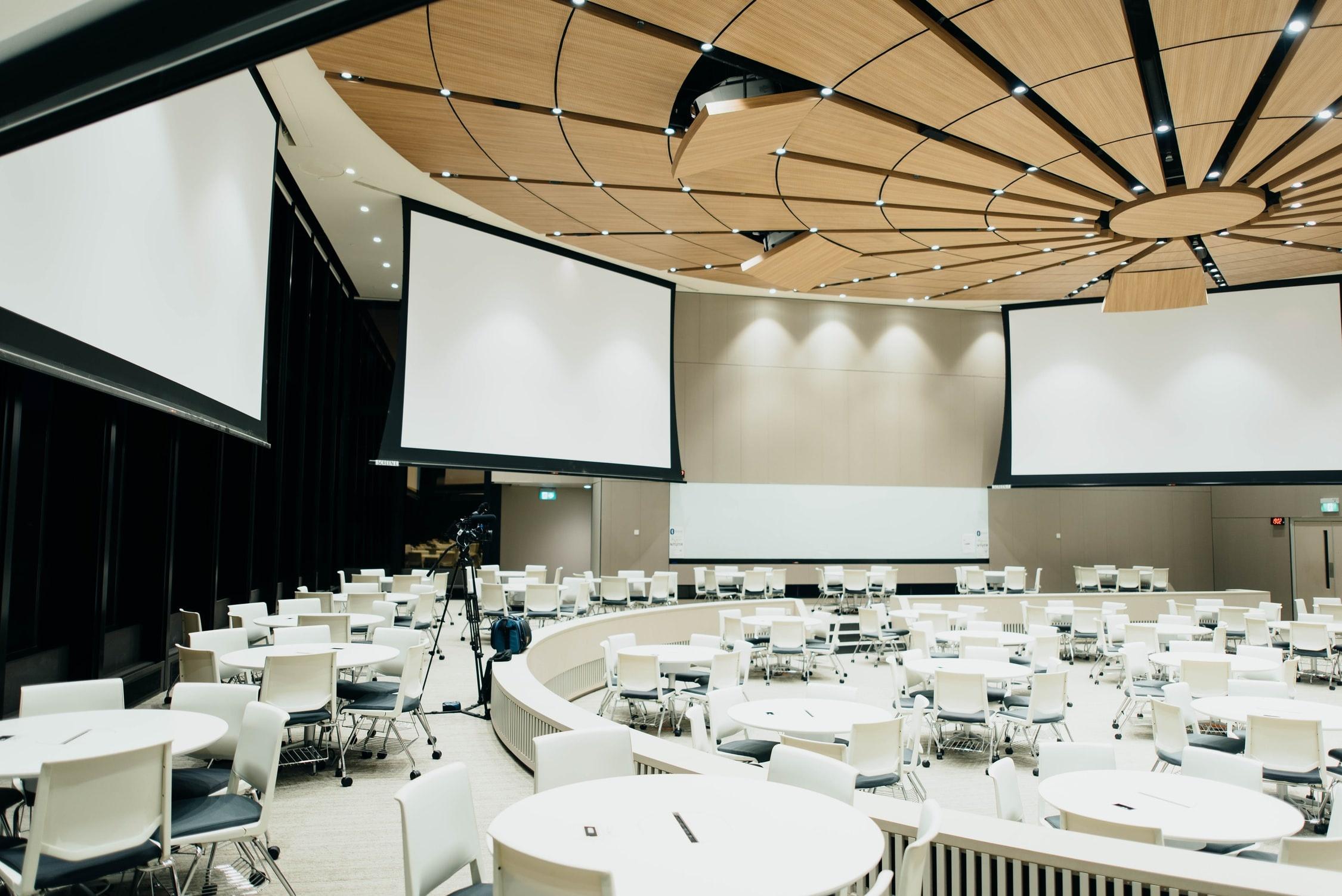
Artificial Intelligence and The Future of Events
Artificial Intelligence (AI) is bringing a new dimension to event management by personalizing the experience of attendees, recommending sessions and people to network with.
AI refers to intelligent behaviour by machines, and Singaporeans are no stranger to it in their everyday lives. Take Bus Uncle, a Facebook Messenger bot, for example. Launched in 2015, the chatbot replaces old-school arrival boards and existing applications, to inform you of your specific bus arrival time without overloading you with unnecessary information. It simplifies existing processes, thus enhancing user experience. Furthermore, it can also provide directions for the user and crack jokes to entertain them while they wait for their bus. Indeed, AI is changing the game in design with its functionality, and by extension affects the events management industry.
Disrupting Design
American architect Louis Sullivan once said, “Form follows function.” Without utility, design is useless. Hence, designers have traditionally designed content that considers the users’ needs, goals and journey. However, with AI, designers are now designing for both users and AI. In order to enable interactive human-machine relationships, designers have to account for the machines’ needs and goals as well. This means obtaining necessary information from the user and being able to present AI in a way that is easy for the user to understand. Designers also have to pre-empt possible system failures, and overcome them to present a seamless experience. In the case of Bus Uncle, there are limitations to the questions he can identify accurately and answer. With the appropriate design measures in place, situations where wrong answers are given can be prevented, or deferred to a support staff to handle.
AI also allows designers to be more efficient in their work. Earlier this year, Netflix started using algorithms to create movie posters based on users’ preferences, language and location. Through effective design and machine learning, risks of negative response resulting from this technology are mitigated as posters are tested on Netflix users and optimised accordingly. By using AI to create the most effective posters for the target audience, there is a higher chance of sales conversation and business productivity is increased.
Events Management and Artificial Intelligence

Design is a key factor in making event experiences unique. By changing the game in design, AI also affects how events are held. Here are some ways well-designed AI can be used to create a unique event:
1. Chatbots
Chatbots can be used for events registrations, concierge and support services. This allows queries to be answered with a click of a button. Although there are limitations to using a chat bot, support staff can be on hand to follow-up on more complex queries.
2. Algorighms and Machien Learning
Following the trend of fitness trackers, smartwatches and smartglasses, event organisers can give out wearables to participants to collect data while they are at the event. With the data collected, AI is used to identify patterns to reveal participants’ behaviour and interests. This deeper insight will allow companies to conduct targeted sales marketing that increases sales conversion.
While algorithms are a set of instructions to problem-solve, machine learning is a step beyond that identifies patterns to solve problems independently and can be implemented alongside the other capabilities of AI.
3. Voice Activation
Voice activation understands and responds to queries and voice commands. This allows for a hands-free user experience. Moreover, it can be utilised to diversify events through on-the-spot language translations, allowing access to participants who speak other languages.
4. Facial Recognition
Participants can be registered for an event through facial recognition. It can also be utilised in post-event activities. For example, when event photos are published, AI can be used to identify the people and tag them accordingly, adding a personal touch.
Although some of these aspects of AI are already implemented in most events, well-designed AI posits endless possibilities for organisers to set their events apart.
Conclusion

The aim of events is largely to increase brand awareness in a mass audience. With the emergence of AI, design has evolved to accommodate its use and thus allowing it to be implemented on a larger-scale in events. Labour-intensive processes are simplified and made seamless, while allowing event management professionals to implement curated content for their participants. With satisfied participants and increased business productivity, it is no wonder that more events are adopting AI to provide that extra service for their clients and participants.
Trending
-
1 SEO Mistakes That Could Be Costing Your Shopify Store Sales
Daniel Hall -
2 Strategies for Safeguarding Assets and Investments
Daniel Hall -
3 The Role of PR Firms in Crisis Management and Damage Control
Nitish Mathur -
4 How to Make Appealing Visuals for Your E-commerce Store
Daniel Hall -
5 The Competitive Landscape of Low-Cost Carriers in Belgium: TUI Fly Belgium’s Position
Daniel Hall





Comments